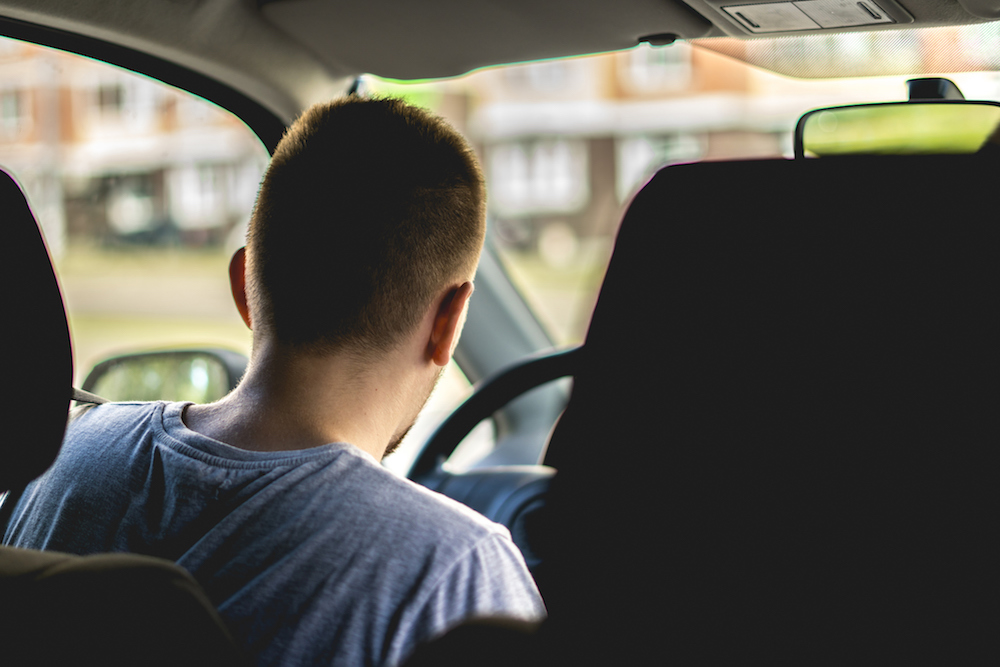
Image Source
For many teenagers, becoming a driver is a very special milestone. But for parents, this newfound independence can lead to lots of anxiety and concern, especially when an adolescent is getting back into the driver’s seat after sustaining a concussion. In today’s blog, we’re discussing how concussions can affect driving and what steps you can take as a parent to ensure your child is ready to navigate the road safely again.
Operating a motor vehicle after sustaining a concussion is a dangerous activity not only for the teen driver, but also for the individuals on the road, because concussions transiently affect the function of the brain. This can lead to impairments in judgment, attention, coordination and reaction time, which are all imperative when driving a vehicle safely and appropriately. When any of these things are lacking, it can place the affected driver at an increased risk for accidents. It’s important to discuss driving with your teen’s medical provider. If the provider doesn’t feel comfortable giving recommendations on driving, you should ask to be referred to a specialist who is a concussion expert.
Sports medicine providers are well trained in treating and managing concussions. They will evaluate your child’s cognition, memory, balance and eye movements, which all may be impaired and could place your young driver at risk. They will discuss return to learn, return to sports and return to driving as well. Recently, the Sports Medicine Program at Texas Children’s participated in a quality improvement initiative aimed toward improving the consistency of driving instructions for our teen patients. This improved communication and education about the risks of driving with a concussion.
Unfortunately, no uniform guidelines have been established for return to driving, so it’s important to take an individualized approach, as everyone’s concussion is unique. Here are some general recommendations we typically discuss as a framework to make sure our patients are ready to get back into the driver’s seat:
No driving:
- 24-48 hours after a concussion
- If your child has difficulty (or becomes symptomatic) with head turning
- At night, especially if your child has light sensitivity
- If symptoms worsen while driving
Instead, try:
- Arranging other modes of transportation
- Explaining to your teen this is for their safety and usually temporary
- When driving is initiated after a concussion, you want to start driving short, familiar distances that don’t require high speeds
As adults, we can often take for granted just how difficult and complex it is to operate a motor vehicle. Imagine how much more difficult this would be after sustaining a concussion. I hope the information above provides your family with some helpful recommendations on how to keep the roads safe for your teenagers and fellow drivers.
To find your nearest Texas Children’s Pediatrics location, click here. If you’re interested in learning more about our Sports Medicine Program at Texas Children’s Hospital, click here.